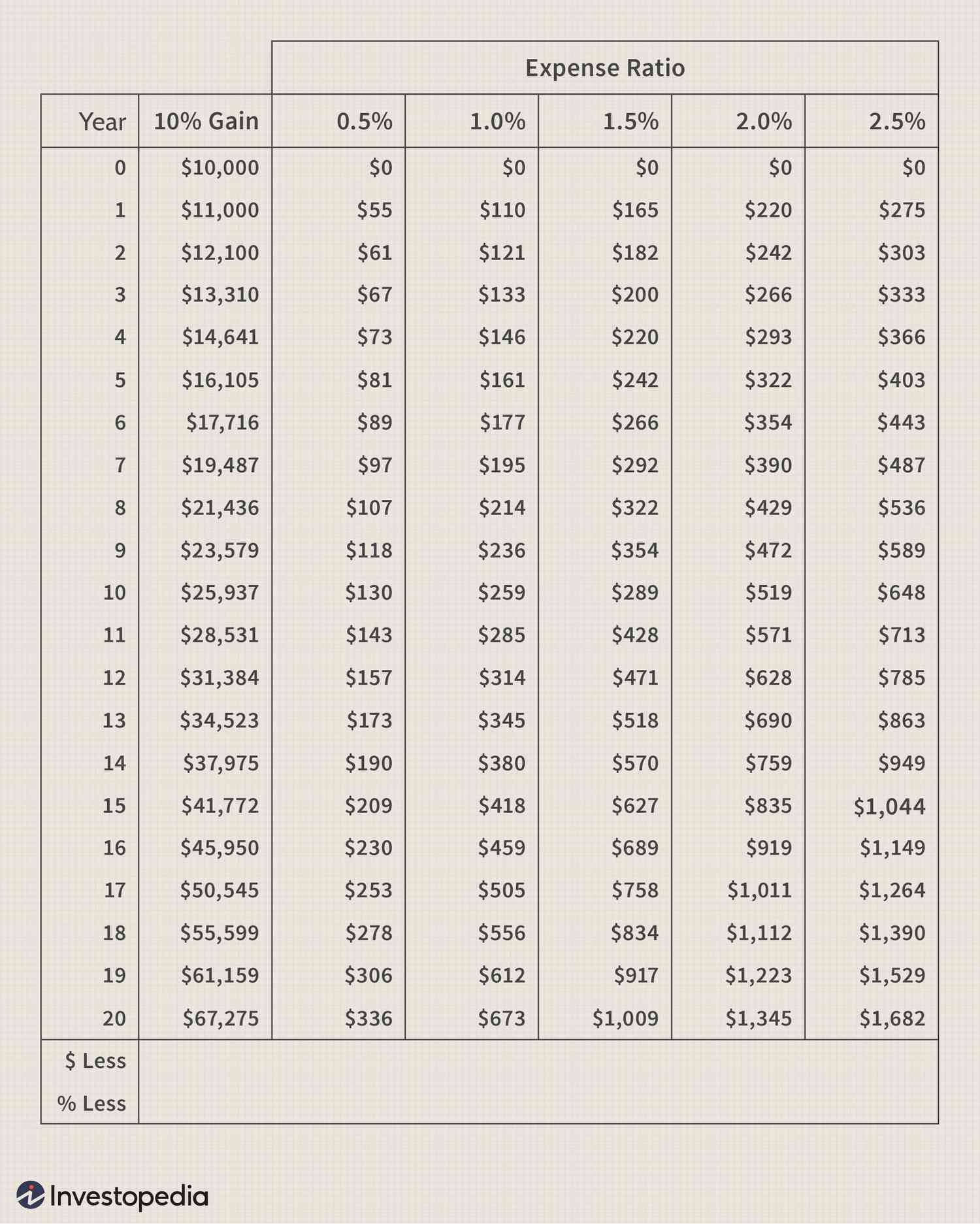Are you tired of the never-ending cycle of rising healthcare costs and out-of-pocket expenses? Well, we have the solution for you! In this blog article, we will share valuable tips for reducing out-of-pocket healthcare expenses. Whether you’re looking to save money on prescriptions, doctor visits, or medical procedures, we’ve got you covered. By implementing these practical strategies, you’ll be able to navigate the complex healthcare system with ease and minimize your financial burden. So, let’s dive in and discover the best ways to save on healthcare costs.
Tips for Reducing Out-of-Pocket Healthcare Expenses
Healthcare expenses are a significant concern for many individuals and families. With rising costs and insurance deductibles, it’s important to find ways to reduce out-of-pocket expenses without compromising on the quality of care. In this article, we will explore a range of practical tips and strategies to help you lower your healthcare costs and alleviate the financial burden.
1. Understand Your Insurance Coverage
One of the first steps to reducing out-of-pocket healthcare expenses is to have a clear understanding of your insurance coverage. Familiarize yourself with the terms and conditions of your policy, including deductibles, copayments, and coinsurance. Here are some tips to help you navigate your insurance coverage:
- Review your insurance policy documents to understand the specifics of your coverage.
- Know the network of providers that are considered in-network by your insurance company to avoid higher out-of-pocket costs.
- Understand the difference between preventive care and other medical services, as preventive care is often covered at no additional cost.
- Be aware of any exclusions or limitations of coverage, such as certain medications or treatments that may not be covered.
2. Choose In-Network Providers
When seeking medical care, choosing in-network providers can significantly reduce your out-of-pocket expenses. In-network providers have negotiated contracted rates with your insurance company, resulting in lower costs for you. Here’s what you can do:
- Verify that your preferred healthcare providers are in-network before scheduling appointments or receiving treatments.
- If necessary, ask your insurance company for a list of in-network providers in your area.
- Consider using online provider directories or mobile apps that can help you find in-network providers easily.
- For non-emergency situations, obtain referrals from your primary care physician to ensure that any specialist visits or procedures are covered by your insurance.
3. Utilize Preventive Services
Preventive services can play a crucial role in reducing healthcare costs in the long run. By detecting potential health issues early or preventing them altogether, you can avoid costly treatments and improve your overall well-being. Here are some preventive measures you should consider:
- Stay up to date with preventive screenings, such as mammograms, colonoscopies, and vaccinations, as they are often covered by insurance at no cost to you.
- Adopt healthy habits and lifestyle choices, such as exercising regularly, eating a balanced diet, and avoiding tobacco and excessive alcohol consumption, to lower your risk of developing chronic conditions.
- Follow your doctor’s recommendations for routine check-ups and screenings based on your age, gender, and medical history.
4. Compare Costs and Shop Around
Medical procedures and treatments can vary significantly in cost from one provider to another. By comparing prices and shopping around, you can find more affordable options without compromising on the quality of care. Consider the following steps:
- Request cost estimates from multiple healthcare providers for the procedures or treatments you need. This will allow you to compare prices and choose the most cost-effective option.
- Utilize online tools and resources that provide pricing information for common medical services in your area.
- Consider healthcare facilities or providers that offer bundled pricing or discounted rates for self-pay patients.
- Consult with your doctor about cost-effective alternatives or generic medications that can help reduce prescription drug expenses.
5. Take Advantage of Financial Assistance Programs
There are various financial assistance programs available that can help individuals and families reduce their healthcare expenses. These programs are designed to support individuals who have difficulty affording medical services. Here are some options to explore:
- Check if you are eligible for government-funded healthcare programs, such as Medicaid or the Children’s Health Insurance Program (CHIP), based on your income and other qualifying factors.
- Look into charitable organizations or foundations that provide financial assistance or grants for specific medical conditions.
- Inquire about hospital charity care programs that offer discounts or free care for individuals who meet certain income requirements.
- Speak with your healthcare provider’s billing department to inquire about payment plans or options for financial assistance.
6. Review Your Medical Bills and Explanation of Benefits (EOB)
Mistakes and inaccuracies in medical bills and explanation of benefits (EOB) statements are not uncommon. By carefully reviewing these documents, you can ensure that you are not overcharged and identify any billing errors. Take the following steps to review your medical bills effectively:
- Compare your medical bills with the services you received and the explanations provided in your EOB.
- Look for duplicate charges, incorrect dates, or services listed that you did not receive.
- If you spot any discrepancies or have questions about your bill, contact your healthcare provider’s billing department or your insurance company for clarification.
- Keep a record of any correspondences or documentation related to billing issues to assist with dispute resolution if needed.
7. Consider Health Savings Accounts (HSAs) or Flexible Spending Accounts (FSAs)
Health savings accounts (HSAs) and flexible spending accounts (FSAs) are valuable tools that can help you save money on healthcare expenses. These accounts allow you to set aside pre-tax dollars for qualified medical expenses. Here’s what you need to know:
- Check if your employer offers an HSA or FSA as part of your benefits package.
- Contribute to these accounts regularly to build up savings specifically for healthcare expenses.
- Use the funds in your HSA or FSA to pay for qualified medical, dental, and vision expenses, such as copayments, deductibles, prescriptions, and eligible over-the-counter items.
- Be mindful of the account limits and any deadlines for using the funds, as they may vary depending on the type of account.
8. Practice Preventive Self-Care
Taking care of your health proactively can help prevent costly medical interventions down the line. By prioritizing self-care and making healthy lifestyle choices, you can reduce your healthcare expenses in the long term. Consider the following self-care practices:
- Eat a nutritious diet, exercise regularly, and get an adequate amount of sleep to maintain overall well-being.
- Practice stress management techniques, such as meditation, deep breathing exercises, or engaging in activities that bring you joy.
- Take prescribed medications as directed by your healthcare provider to manage chronic conditions and prevent complications.
- Stay educated about your health conditions and follow recommended preventive measures to minimize the risk of exacerbations or hospitalizations.
By implementing these tips and strategies, you can take control of your healthcare expenses and reduce the financial burden. Remember, it’s essential to stay proactive, informed, and advocate for yourself when it comes to managing your healthcare costs.
5 Tips to Reduce Healthcare Costs | Phil Town
Frequently Asked Questions
Frequently Asked Questions (FAQs)
1. How can I reduce my out-of-pocket healthcare expenses?
By following these tips, you can lower your out-of-pocket healthcare expenses:
2. Are there any ways to save money on prescription medications?
Absolutely! Here are some strategies to save money on prescription medications:
3. Can I negotiate medical bills to lower my out-of-pocket costs?
Yes, you can negotiate medical bills to reduce your out-of-pocket expenses. Here’s how:
4. Are there any programs or resources available to help with medical expenses?
Yes, there are various programs and resources that can assist you with your medical expenses. Consider the following:
5. What are the benefits of utilizing generic medications?
Using generic medications can bring several advantages, including:
6. How can preventive care help in reducing out-of-pocket healthcare expenses?
Preventive care plays a significant role in lowering out-of-pocket healthcare expenses. Here’s how it helps:
7. Is it possible to reduce out-of-pocket expenses by choosing the right insurance plan?
Yes, selecting the right insurance plan can help you minimize your out-of-pocket expenses. Consider the following:
8. How can I save money on medical tests and procedures?
You can save money on medical tests and procedures by following these tips:
Final Thoughts
Reduce your out-of-pocket healthcare expenses with these simple yet effective tips. First, make sure to review your insurance plan thoroughly, understanding its coverage and any potential gaps. Next, consider creating a budget specifically for healthcare expenses, allowing you to track and plan accordingly. Additionally, take advantage of preventative healthcare services, such as screenings and vaccinations, as they can save you money in the long run. Always shop around for medical services and medications, comparing prices and opting for generic alternatives whenever possible. Finally, keep an eye out for any potential billing errors and dispute them promptly. By implementing these tips for reducing out-of-pocket healthcare expenses, you can take control of your healthcare costs and improve your financial well-being.



